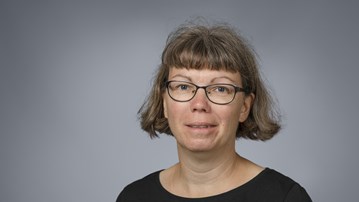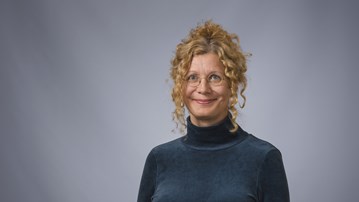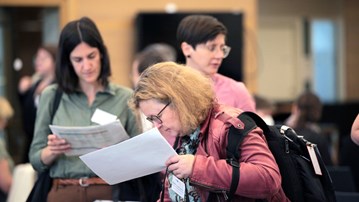Research group Reading and writing takes place during a large part of people's waking hours in a variety of contexts and languages for different purposes. In recent years, we have seen major changes in people's reading and writing habits. This not only places demands on schools and higher education institutions, but also on the research community.
Reading and writing takes place during a large part of people's waking hours in a variety of contexts and languages for different purposes. In recent years, we have seen major changes in people's reading and writing habits. This not only places demands on schools and higher education institutions, but also on the research community.
Reading and writing form complex systems where language, identity and context interact. To move research forward, we believe that it is necessary to consider literacy from several different and new perspectives. Within Litum there is extensive experience in both cognitive and sociocultural research on reading and writing. Our research includes perspectives such as policy and democracy, multilingualism, reading and writing difficulties and reading and writing in all school subjects.
Literacy and society
Within Litum, we explore what literacy is, what it is used for and how people can develop their literacy today. An important point of departure for Litum is that literacy is now part of most people’s lives. People read and write privately, at work, in educational contexts and with a range of technologies. Literacy is embedded in the lives of both old and young. We focus on policy and discourses as well as multimodality and multilingualism.
Multilingualism
Many people in Sweden, Europe and the rest of the world are multilingual and read and write in one or more additional languages. Within Litum, research is conducted on reading and writing in different languages, including Swedish as a second language, Sami languages and Meänkieli. We are interested in investigating multilingual literacy within policy as well as different parts of the education system.
Fiction and creative writing
Being able to read, listen to, and comprehend literary texts - rhymes, folk songs, poems, songs, stories - in one's first language and in other languages - is enriching for the individual. Reading fiction is also part of the school curriculum for all language subjects. Within Litum, research is conducted on how literacy can be practiced in language subjects. Reading fiction is closely linked to creative writing, which is another of our areas of focus.
Reading and writing difficulties
The school's curriculum assumes that the pupil has access to well-functioning language, reading and writing skills to complete oral and written tasks and achieve the learning goals in the individual subjects. Within Litum, we are interested in investigating which linguistic, cognitive, and contextual factors influence reading and writing development, as well as school results in all school subjects in a longitudinal perspective. Among other ambitions, we want to identify early risk factors regarding reading difficulties and difficulties in reaching the school's learning goals.
Literacy in different subjects and disciplines
In the Litum network, we are interested in reading and writing in different school subjects and different disciplines, such as Natural Science, Mathematics and Domestic Science. Litum also collaborates with Umeå University's project initiative Skrivum, the purpose of which is to strengthen the teachers' didactic writing skills to support students in their writing.
Previous symposia
2023, 8–9 June, Scaffolding writing
Key notes:
Erik Lindenius, Umeå university
Jill Jeffery, Leiden University, The Netherlands
Gustaf Skar, The Norwegian Centre for Writing Education and Research, Norway
Ria Heilä-Ylikallio, Åbo Akademi University, Finland
Sofia Jusslin, Åbo Akademi University, Finland
Camilla Rosvall, Åbo Akademi University, Finland
Åsa Wengelin, University of Gothenburg
2021, 19–20 May: Literacy in educational borderlands
Keynotes Diane Potts Lancaster University and Gert Rijlaardsdam, University of Amsterdam, Sara E.D. Wilmes, Université du Luxembourg.
2019, 10–11 June. Key notes: Anat Stavans, Beit Berl College, Israel, Jennifer Rowsell, Bock University, Canada, and Enlli Thomas Bangor University, Wales, UK.
2018, 15–16 May: Litum symposium on multilingual literacy
Keynotes: Lydia Kokkola, Luleå Tekniska Universitet och Nancy Hornberger, University of Pennsylvania.
2017, 4–5 May. Key notes: Roz Ivanič, Lancaster University, Marie Stevenson, University of Sidney, Shelley Stagg Peterson, University of Toronto, Judy Parr, University of Auckland.

"I am driven by the fact that what I do contributes to new knowledge that the organisation can benefit from"

"Teaching about writing that gives students a voice needs more space"

Language Studies brings together 300 participants from around the world in research conference Sig Writing.